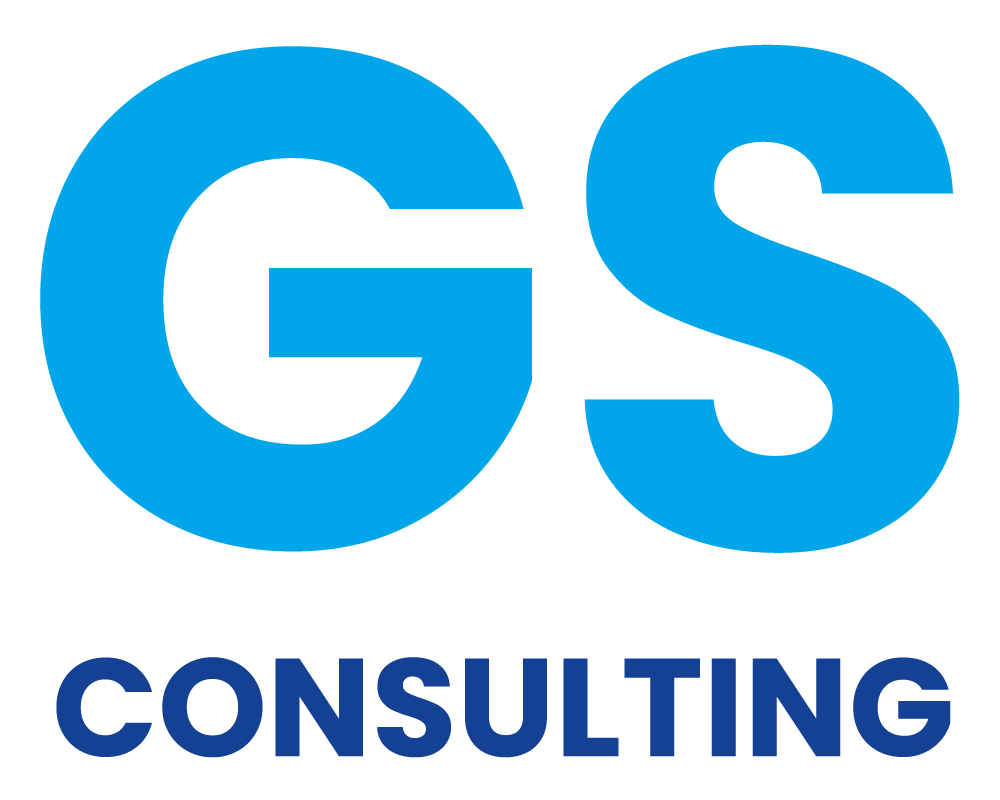Should I Ask a Friend or Relative to Be My Known Egg or Sperm Donor?
- February 2, 2023
- Posted by: Surrogacy Global
- Category: Blog

Some intended parents are able to use their own egg and sperm to create their own embryos during their surrogate journey. However, one or both partners may be unable to contribute their gametes for any number of reasons, meaning they may need to turn to an egg or sperm donor (or both) to help create embryos.
One way intended parents can source donor eggs and sperm is through their own networks of friends and family. There are many reasons why intended parents may want to ask someone close to them to donate their eggs or sperm to support their surrogacy journey. Here are some of the main reasons intended parents choose to do so:
- Reduces cost: If a family member or friend is willing to donate their eggs or sperm without being compensated, it can help reduce the costs of your surrogacy journey. This is particularly true in the case of egg donation, which requires an invasive medical procedure and is therefore much more costly than sperm donation.
- Creates biological ties to both parents: Known donors who are related to one of the intended parents can ensure both members of a couple are biologically related to their offspring—when combined with the egg or sperm of the other partner. Many gay couples who pursue surrogacy look to a female family member, like a sister or a cousin, to ensure this genetic connection to both parents, even if not directly.
- Your children will know them: Many children born from anonymous donations often wonder about this connection. Pursuing a donor relationship with someone already in your life, then, provides your children the opportunity to know and have a meaningful relationship with the person who helped bring them into the world.
While there are many good reasons intended parents may want to pursue a known donor arrangement during their surrogacy journey, there are many concerns to keep in mind as well. Here are some of the top considerations:
- Your donors will need to undergo tests: Sperm and egg donors are required to undergo psychological and medical screenings. Your friend or family member will need to undergo these exact same tests.
- Potential for failed screenings or IVF cycles: Most egg and sperm donors from banks or agencies are young, and healthy, and donate at the height of their reproductive years. Your friend or family member may be happy and willing to help you start your family—but they may nonetheless fail the rigorous screening process that all donors are required to go through.
- Egg extraction is a major medical procedure: Your known egg donors will need to undergo a major medical procedure to extract their eggs. The process is also preceded by several weeks of hormone treatment, which can come with temporary but unpleasant side effects like mood swings, headaches, bloating, and more.
- You will need to determine the extent of the relationship with your donor: Though sometimes these relationships do form, egg or sperm donors sourced from a bank or agency will have no expectation of involvement in your child’s life. However, if you use a known donor, you will need to determine what kind of relationship they will have with you and your child.
- Potential for legal trouble: While known donor arrangements always start with the best of intentions, sometimes these relationships can fall apart or become more complicated following the birth of a child. It’s important to thoroughly discuss the confines of a known donor arrangement prior to starting your surrogacy journey. You and your donor should draft a contract that clearly stipulates everyone’s intentions at the outset of your journey.
